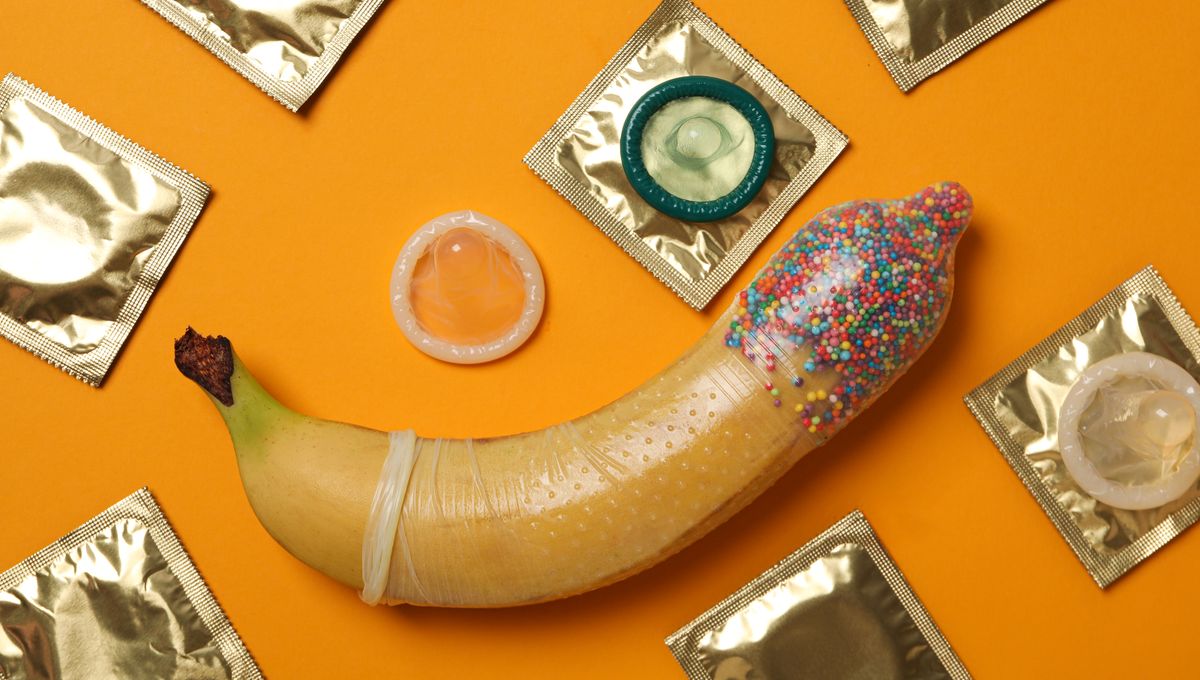
Genitals have their own bacteria, and the mix is different for every person. The transfer that occurs during sex leaves a metaphorical fingerprint, which scientists may one day use to tell when sexual contact has occurred, and with whom. New research on the topic shows that while condoms reduce this transfer, they don’t stop it entirely, leaving the door open to forensic techniques that can confirm victims’ accounts of sexual assault.
ADVERTISEMENT GO AD FREE
Cases of sexual violence are notoriously hard to prosecute because there are seldom witnesses, and juries usually don’t accept the testimony of victims over the accused. Perpetrators have sometimes been brought to justice through the collection of sperm samples from victims, but these are often not available, particularly when condoms are used.
The great thing about our approach is that it doesn’t require any additional sampling or trauma to a victim. That’s important to us.
Dr Brendan Chapman
Dr Brendan Chapman of Murdoch University leads a team that have been investigating whether what they call the “sexome”, the distinctive mix of usually harmless or beneficial genital bacteria, might provide the answer. In 2023, they showed that heterosexual sex changes the sexome of both partners, potentially leaving traces that allow confirmation of who people have been rubbing genitals with.
“This research is based on the forensic concept that every contact leaves a trace,” Chapman said in a statement. “Until now, few studies have explored the vaginal and penile microbiomes within a forensic context. This research demonstrates that we can observe microbial traces from heterosexual couples’ genital microbiomes following sex.”
“We propose that the sexome can be used as another tool in the forensic DNA toolkit, to either strengthen the validity of human DNA findings or to be used when that technique comes up short,” Chapman said in a statement emailed to IFLScience. “The great thing about our approach is that it doesn’t require any additional sampling or trauma to a victim. That’s important to us.”
The work is still a very long way from application, but PhD student Ruby Dixon has led the latest step, investigating the transfer between partners in 12 monogamous heterosexual couples. Participants agreed to abstain from sex for periods of 2-14 days. Each partner’s genitals were swabbed before and after sex resumed.
ADVERTISEMENT GO AD FREE
The team confirmed that sex not only changed each partner’s sexome, but did so in a way that makes it possible to identify who they were having sex with.
Most significantly, three of the couples reported using condoms. Although this greatly reduced the transfer, with most of what did occur going from female to male, it didn’t prevent some bacteria moving in each direction. Sexual abusers often believe condoms will prevent forensic evidence of their crimes, but that may not be the case forever.
“The application of the sexome in sexual assault casework is still in its infancy,” Dixon says. “It’s important to completely understand the external factors that may have an impact on the microbial diversity of both males and females, and this is something we plan to continue studying.”
Although the team are experts in forensics, not health, they’re making their findings available to others investigating whether a healthy sexome can protect against STIs or improve the chance of pregnancy.
ADVERTISEMENT GO AD FREE
Nevertheless, this is an area where research progress is inevitably slow. Chapman and Dixon acknowledged to IFLScience that just three condom-using couples doesn’t make for a great sample size. Recruitment is a challenge. Not only is the work done “on the smell of an oily rag,” according to Chapman, but ethics committees would object to the team paying couples to have sex even if they could afford to.
As a result, the team can only guess how transfer takes place despite condom use, speculating that hands act as “third parties”.
Even imploring couples to shift to using condoms is problematic, Chapman said. When IFLScience suggested the participants were volunteering “for the love of science,” Chapman responded it was “for the love of something, not necessarily science.”
Questions such as the effects of circumcision or pubic hair are particularly hard to answer without more volunteers.
ADVERTISEMENT GO AD FREE
Anyone wishing to help the team out, particularly if located in Perth, Australia, is invited to email [email protected].
The study is published open access in iScience.
Source Link: Even Condoms Don’t Stop The Transfer Of “Sexome” Bacteria